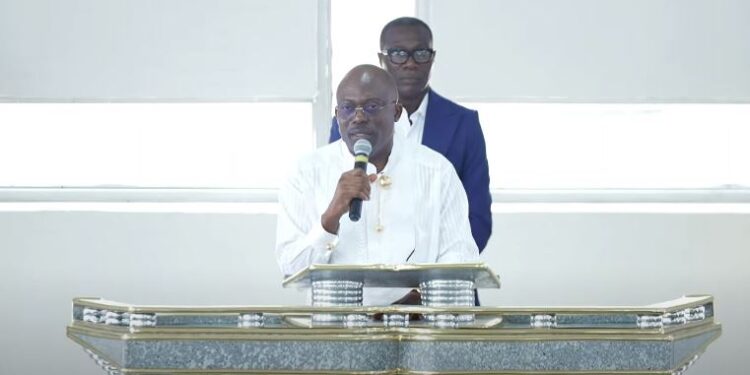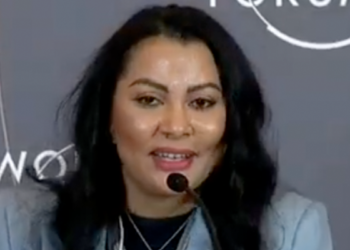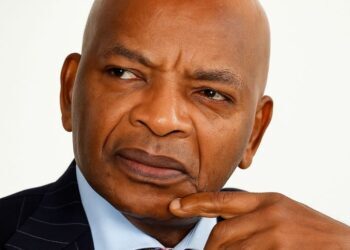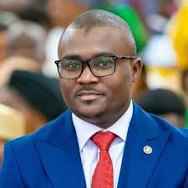Rivers State Governor, Sir Siminalayi Fubara, has declared that the state government the state government will work with Herbert Wigwe Foundation to ensure that the Wigwe University is sustained in accordance with the dreams of the founder and former Chief executive officer of Access Bank late Herbert Wigwe.
He said the decision was immortalise Wigwe who died on February 8, 2024, along with his wife, Chizoba and son, Chizi, in helicopter crash near California in the United States of America.
Fubara spoke yesterday at the funeral service organised in honour of the trio at the Lion of Judah Parish of the Redeemed Christian Church of God, Isiokpo, headquarters of Ikwerre local government area of Rivers State.
The governor challenged the political class to reflect on the essence of the struggle for power when it is not actually deployed in impacting society positively.
He pointed to the three corpses of persons who used their time, within the short period they lived to make enormous and impactful contributions to humanity.
Fubara said: “Here lies our brother, his wife and son, everyone has come to celebrate them. It means even in the short period that they lived, they lived impactful lives. They made great contributions to humanity.
“Here is a man, though not a politician, he made his money through our investments. He had the world in his palm financially. He even controlled the political class.
This takes me to my question to the political class. What is all this struggle all about? You want to kill and bury, to what end?
“But today, with all the power financially, he couldn’t control life. Is it not enough for us to ask ourselves, why are we struggling?
Why are we not making enough impact in the life of our people. Please, let the political class reflect on this”
The governor expressed appreciation to Governor Babajide Olusola Sanwo-Olu of Lagos State and Aliko Dangote, chief executive officer of Dangote Group, for their various roles and contributions towards the success of the funeral of the Wigwes.
In his address, Nigeria Senate President, Senator Godswill Akpabio, who represented the federal government at the event, said Nigerians, the political class, and indeed Africa leaders will continue to mourn the passing of an iconic personality as Herbert Wigwe.
In his sermon, Vice Chairman of the Pentecostal Fellowship of Nigeria in Rivers State, Pastor Adesoji Oni said God by the death of Herbert Wigwe reminded everyone to be prepared for eternity because it will come when they least expected it.











